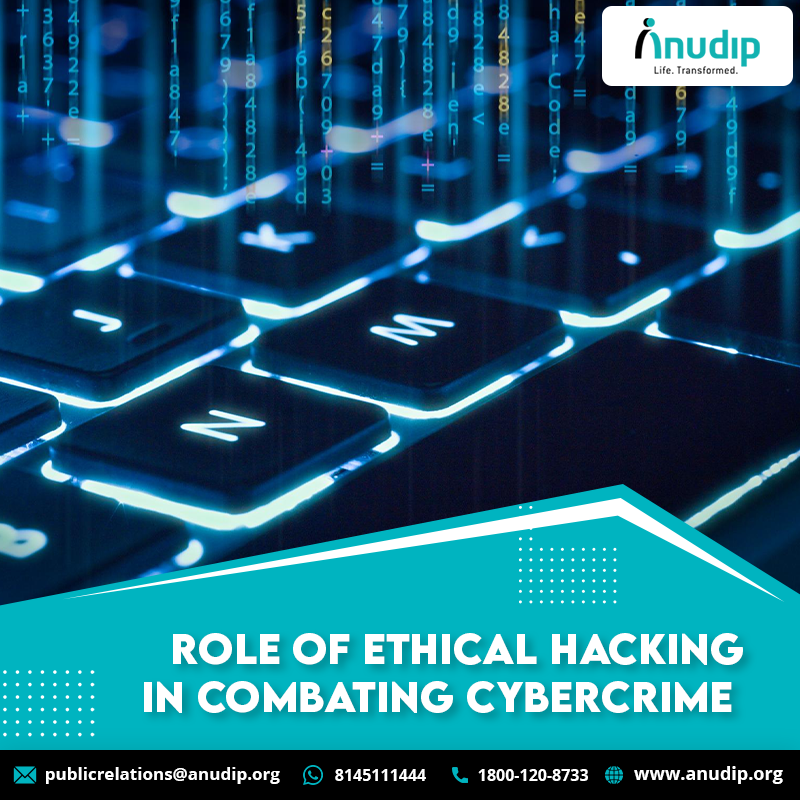
The growing digitization of the global economy is accompanied by an ever rising spectre of cybercrime. According to Cybersecurity Ventures, the damage from cybercrime incidents is expected to touch a whopping $6 trillion annually by 2021. And with the increased use of digital devices among people in accessing the internet and conducting financial transactions, crackers seem to have a free run. They prey upon unsuspecting websites or applications with poor-risk and compliance measures in place to cause data breaches. Again, with the fourth industrial revolution driving digital transformationand underpinned on automation and analytics, there is a rise in vulnerabilities due to more number of data sources being created and shared among devices. India too is not unaffected from this global menace with around 37% increase in cyberattacks observed in the Q1 of 2020 vis-à-vis the Q4 of 2019.
Impact of cybercrime: Cybercrime can cause widespread damage to the overall economy let alone to the individual companies and individuals. And with more Indians leveraging the benefits of an online ecosystem using smartphones, the impact of cybercrime can be severe. It has the potential to destroy the credibility of enterprises/brands, wipe out savings of unsuspecting users and even endanger national security. However, the impact can be reduced if companies, especially in the fintech sector,shore up their protective measures and people at large follow the basic cybersecurity practices. These include changing passwords with stronger ones, not clicking on unknown URLs, etc. So, India and the world must move away from being reactive or taking a threat-centric approach to adopt a behaviour-centric approach in consolidating cyber defences.
Ethical hacking as a tool to combat cybercrime: Cybercriminals attack websites or applications through vulnerable touchpoints to cause data breaches or theft. Many such vulnerabilities become part of websites or applications due to inadequate testing in the product value chain. One of the effective measures to combat cybercrime and minimize or nullify its implications is to employ ethical hacking. This type of hacking is done by the ‘good guys’ as opposed to cracking by the ‘bad guys’ and involves penetration testing or white-hat hacking. Ethical hackers also use similar tricks, techniques, and tools like crackers to gain entry into a website through a vulnerable touchpoint. However, there are significant differences between the two.
• Hacking is legal and performed to trace the vulnerabilities in a system. After exposing the system vulnerabilities, the same are plugged to avoid damage from cybercriminals.
• It is non-destructive and strengthens the protection of any digital system.
• Exposes vulnerabilities in the system and let them be known to the actual stakeholders.
Anudip’s role in offering training on ethical hacking: With cybercrime raising its menacing hood, the role of ethical hacking is only going to increase. However, learning ethical hacking can be a challenge as there are not many standardized courses to follow. This is where the ethical hacking course (certificate and diploma) from Anudip, the noted non-profit organization, can help. The curriculum includes social engineering, cryptography, hacking web servers, hacking wireless networks, session hijacking, and more.
Conclusion: Learning an ethical hacking course can be a great career move due to its growing role in combating cybercrime. And with Anudip’semployer partners like TCS, Vodafone, Wipro, Tech Mahindra, iMerit Technologies, and many others, successful candidates can get 100% placement opportunities. To know about the course, visit https://www.anudip.org/courses-offered/.